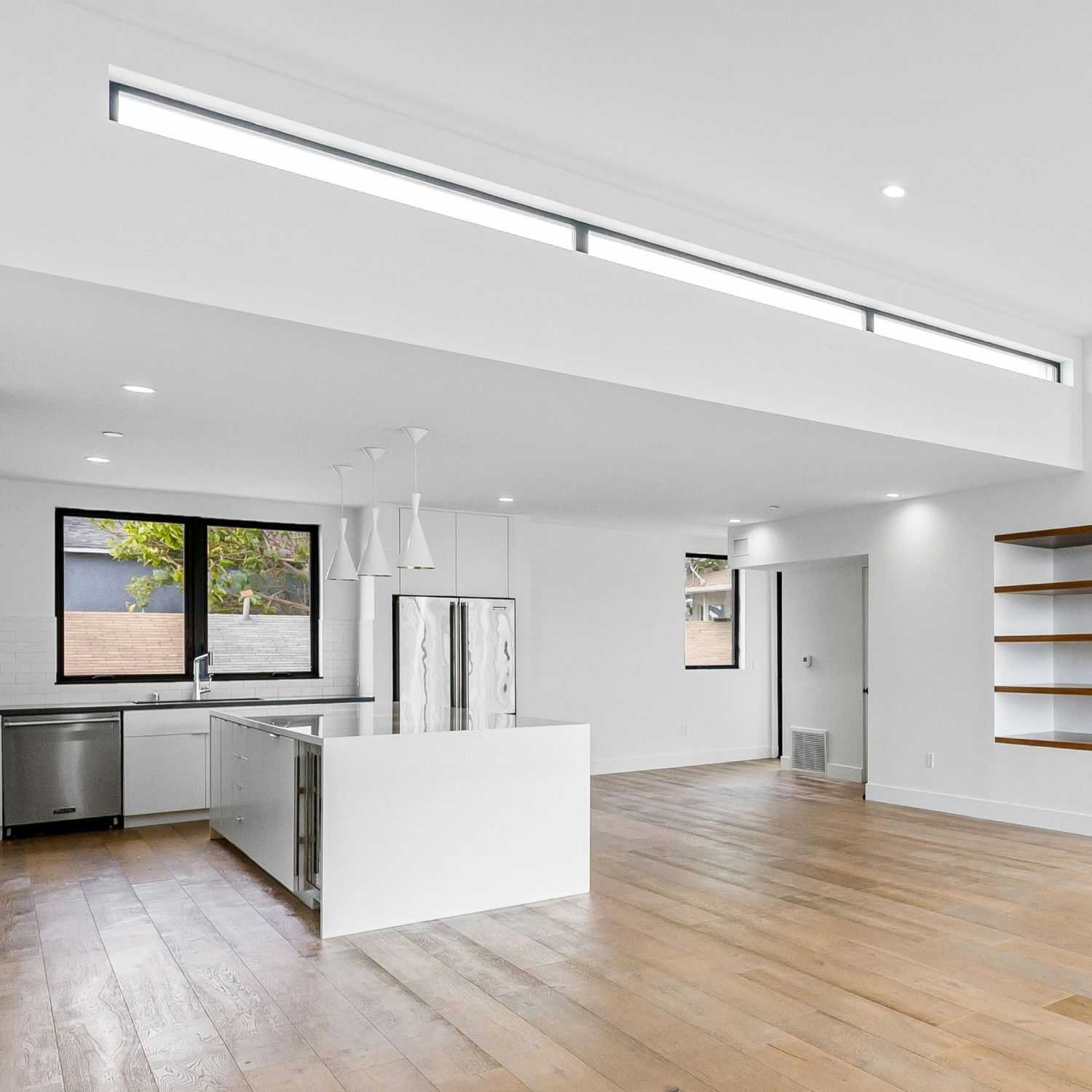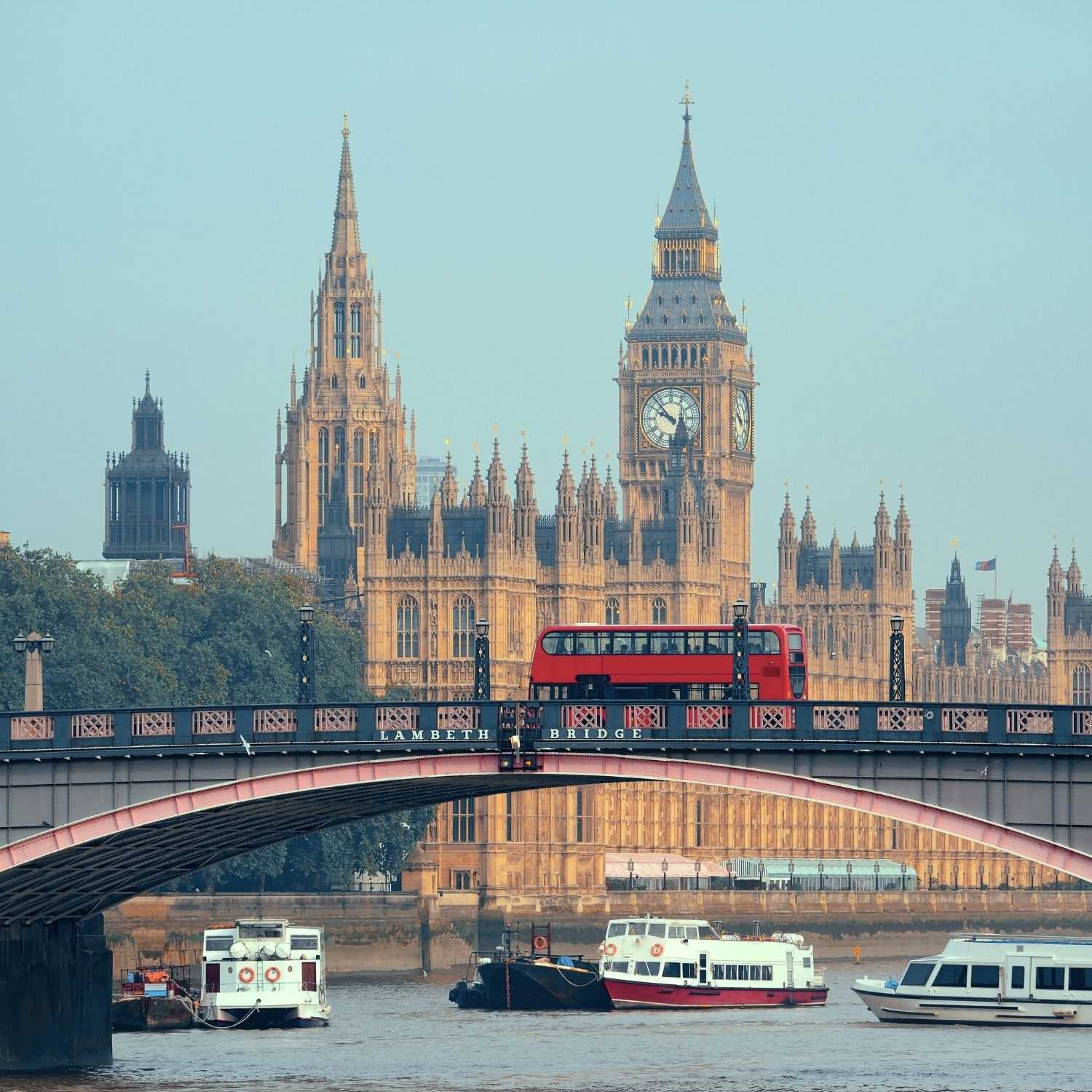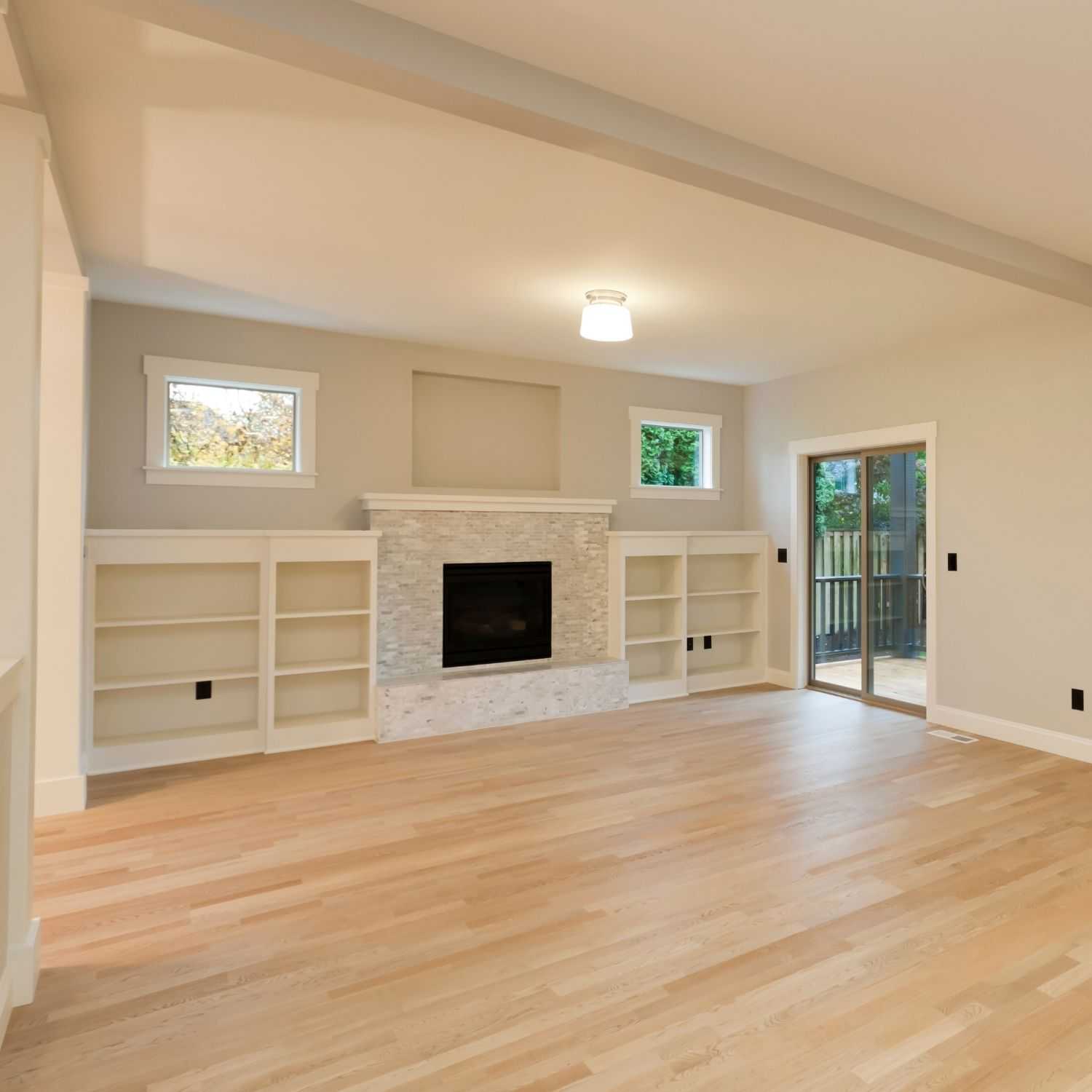Share post:
Rental properties offer an effective way of achieving significant portfolio growth. London, in particular, makes it a profitable investment simply because the demand for rental properties is very high. It’s not just for the residents. Tourists, travellers, business professionals, international students – these are only a few who often flock to the city of London.
While it offers incredible opportunities, it comes with a risk. Like any wise investor, protecting your investments should be a part of your strategy. It’s essential to protect a rental property’s long-term profitability.
In this article, you’ll learn about one of the common ways to mitigate property investment risks – through insurance policies. The focus would be on short-term rental insurance and the details that should be included in the policy to give it the best protection.
What is a Short-Term Rental Insurance
If you have standard home insurance for your property, is there are need to get insured specifically for short-term rentals?
Having a specific insurance policy for short-term rentals is not mandated by the law. As long as you have the basic home insurance, you should meet the legal requirements.
A typical home insurance in the UK comes in 3 types. The first is building insurance which covers the structure of a property like the roof, walls, foundation, etc. The second is contents insurance which covers anything that’s not part of the structure like furniture, decor, appliances, etc. The third is landlord’s insurance which covers the risks that come with having other people stay in a property.
So where does short-term rental insurance fit in? Although the UK doesn’t require short-term rentals to get a separate policy, it’s best to get to know how this letting method works before you decide.
You have to remember that short-term letting has a high turnover of guests. You get different personalities staying on the property. Since the arrangement is short-term, you won’t have enough time to vet guests or do a background check on them. You might end up with problematic guests who will move things around or have a party during their stay. This puts your property at a high risk of incurring damage every time someone checks in or checks out.
Having short-term rental insurance would cover the unique risks associated with these temporary arrangements. But what you can do is take your landlord’s insurance and scrutinise it to see if it has the coverage that would protect your property from the challenges of short-term letting.
Must-Have Details in Short-Term Rental Insurance
Choosing to protect your short-term rental doesn’t have to involve a new insurance policy. You can use the same home insurance that you have – but you have to ensure it has the details that’ll completely protect your property investments.
Here is a list of must-have details that your home insurance should have so it protects your short-term rental as well.
Damages
Rental properties are more likely to get damaged – but more so for short-term rentals. The accidental wine on the sofa, broken lamp or cracks on your countertops – these are accidental damages that your insurance policy should cover.
But apart from that, you also have to think about the malicious damage to your property. These are intentional and could add up. You’re more likely to encounter this from short-term guests because you don’t have the time to check them. They could go against the rules and throw a house party at the expense of your property. Make sure you’re covered so you can file claims to have the damages repaired or replaced.
There might be a separate clause for accidental and malicious damages so make sure it’s clear with the insurer what you want to add.
Theft
There are two ways for theft to happen in a short-term rental property.
First, the guest may take a liking to one of the items on the property. If they decide to take the item, it’s usually too late and the guest is already gone.
Second, guests may leave a window open when they step out of the house. This isn’t always intentional. They might have mistaken the security within the area or they just forgot about it because it’s a different place. These mishaps could lead to intruders coming in to steal valuable items.
Make sure your insurance policy covers theft so you can get the claims to replace stolen items from your property. If not, you can request for it to be added. This ensures your property value and appeal will be maintained.
Disasters
There are two types of disasters, man-made and natural.
Man-made disasters may be caused by fire. Despite having a smoke alarm, a fire can be quick enough to cause damage to the property. Natural disasters are damages caused by acts of nature like storms, flooding, tornadoes, etc.
Most home insurance policies cover these but you should take time to scrutinise the details. Look at the list of what’s classified as man-made or natural.
Regardless of the origin of the disaster, you want the property to be covered so any damages to the structure won’t be a financial burden. You’ll have the finances to immediately act on the repairs or replacements needed.
This will also prove useful to finance the relocation of short-term guests in case there’s a need to evacuate the property.
Public Liability
This detail is not mandatory but should be included in the must-haves for short-term rentals. This coverage will help with expensive litigation in case guests decide to sue you for accidents that happened during their stay.
For instance, a chair collapsed and hurt one of your guests. Or a guest tripped on a loose floorboard or carpet. Or if could even be injuries caused by faulty electrical devices and equipment.
Public liability coverage will help with the costs of litigation or medical expenses so it won’t add to your worries.
Vacancies or Loss of Rent
Vacancies lead to loss of rental income and this is an unavoidable risk for property owners. Fortunately, you have the option to minimise the financial loss by including this in your insurance policy.
Of course, this is only applicable to specific situations. For instance, you lost a pre-booked rental income after your property suffered damages due to flooding. An insurance policy can cover the losses.
This would depend on your insurance provider so make sure you ask for the details before adding this to your existing policy.
Seasonal warranties
Certain seasons add risks to the property like frozen pipes that could burst and cause water damage. You can add this coverage to help you with the expenses should it happen to your rental property.
This could also be used for off-peak seasons where the insurance can help you pay for financial obligations even if you don’t have rental income during specific periods.
Tips When Choosing an Insurance for Shortlets
Getting insurance coverage for shortlets is one thing. Making sure you get from the right insurer is another. You may have a brilliant policy that offers incredible coverage but if you have trouble with the details and claim procedure, it won’t help you at all.
Before you finalise the details of your new insurance policy for short-term rentals, here are tips to guide you.
Check your current insurance first
If you have a rental property, you probably have a building or landlord insurance policy in place. Review what you have and see if you’re already covered for the ones mentioned above.
For instance, some landlord insurance policies cover loss of rent as well as theft and damages. You don’t have to add any in this regard. But if it doesn’t have coverage for public liability, you’ll have to add them to eliminate gaps in your coverage.
Read, don’t just listen
Whether you decide to use your existing policy, with or without changes, you need to talk to your insurance provider about your intent to turn your property into a short-term rental. There may be clauses in your current policy that invalidate claims for shortlets. Make sure this is clear with the insurance company.
When you talk to them, don’t just listen to what they say. You have to read the policy. Familiarise yourself with the details even if it feels boring to read. Your knowledge of the policy will help you in the long run – especially when it comes to getting claims.
Get more than 2 options
Finally, don’t just settle for your existing policy. Ask 2 or more insurance companies so you can compare. Get quotes and scrutinise the coverage that they’ll offer. You might be able to get a better offer – or the current one might counteroffer with a better deal.
Comparing policies will allow you to choose the one that fits the needs of your shortlets.
Find Trustworthy Partners for Your Shortlets
Protecting your short-term rentals is a crucial part of property ownership. It’s the wise thing to do so you can reap maximum benefits from your investment. If you have a current insurance policy for your property, scrutinise it and make sure it fits the needs of short-term rental properties. In case there are gaps in the coverage, ask the insurer to add details.
Of course, insuring the property isn’t the only way you can mitigate risks. Partnering with a reputable property management company can secure your investment.
Companies like City Relay have the expertise to manage your properties to ensure compliance and guest satisfaction. They offer end-to-end management services to enhance the security of your rental property and maximise the profitability of your shortlets.
If you want to know more about protecting your rental properties, get in touch with us. We’d love to talk about how we can protect and improve the performance of your rental properties.
Find out more about rental insurance policies.












